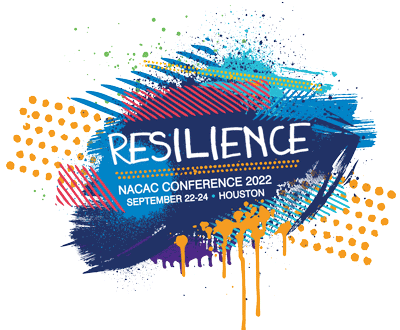Oprah Winfrey. Jimmy Fallon. Stephen Colbert. Barbara Walters. Jon Stewart. Ellen DeGeneres. Whether you like their style or not, each of these television personalities has found great success behind a camera. They’re comfortable, natural, and entertaining. They’re good storytellers. They can relate to their audience.
Not everyone has the natural ability to step in front of a camera and authentically appeal to their audience. Even for those who can step in front of a live audience and speak on end about a certain topic, such as admissions counselors sharing information about their university or a faculty member enthusiastically talking about their discipline, those in-person presentation skills don’t always successfully translate across a screen.
So how do you identify those speakers on campus who might be able to connect on camera? How do you identify those storytellers? After many years of working with students, alumni, faculty, and staff, and watching engaging content created by our partner institutions, we have identified the top five traits for identifying your best presenters.
- Your presenters need to be comfortable in front of the camera. Whether they’re recording in a professional studio or using Zoom to create content or spontaneously recording on a cell phone, they need to be able to manage nervousness and be natural. They won’t be able to see an audience, which means they can’t see reactions to jokes or if what they’re saying is resonating. Taking time to practice in front of the camera, looking into the lens and acting like you’re talking to a friend or colleague, can make the experience better.
- It is also important for your presenter to be dynamic, energetic, and exciting to watch and listen to. Think of your favorite people on live TV or YouTube and the characteristics they have that make you want to watch them over and over again. Some people need coffee to get energized, but some people are automatically energized by a topic. Go for the person that doesn’t need the coffee to talk about financial aid or majoring in English!
- Find someone that is relatable to the attendees. If you are presenting to a lot of out-of-state students, use students from out-of-state who bring a diverse set of views and opinions so that the audience can relate. Think of your favorite comedian and the jokes that they tell, and how many of those you laugh at the hardest are those that you can relate to. I still love watching old episodes of Everybody Loves Raymond as I can see my own family in the humor! The same goes for your presenters and your audience – you want to make the connections for them as much as possible.
- Presenters that are passionate about a subject usually speak about it best. Find a student, staff, or faculty member who loves what they’re talking about and can find multiple ways to discuss it. Their passion will come through the camera! Think about the passionate Admissions Counselor who loves their institution and how they always shine when engaging students. How can you help translate that passion from in-person to video content?
- Finally, authenticity is key. When content is scripted or over-curated, the audience knows and they find your stories less believable. To achieve authenticity, let your presenters actually be authentic! If you want to spotlight the transfer student experience, ask a transfer student to record something into their iPhone camera and talk about their experiences as a transfer student at your institution. They don’t need to sit down, read a boring script into a camera, and then be edited so it looks and sounds perfect. There is absolutely a time and place for curated content, but there is also a time for authentic storytelling.
If you can identify presenters who have these five traits, you’ll develop compelling, relatable, and entertaining video content. You may not have an Oprah Winfrey or Stephen Colbert on your campus, but you do have people who are comfortable, passionate, interesting, and engaging. These are the people who will draw your audience in and show them what your institution is all about. These are the people who should be telling your stories and welcoming students into your community.

Dr. Alice Arredondo is Senior Director of Client Strategy at PlatformQ Education. An industry leader in admissions and recruitment, including digital engagement strategy, with 18+ years of experience in enrollment management at the University of Kansas and the University of Missouri-Kansas City. Dr. Arredondo holds a bachelor’s degree in English and Communication Studies from Truman State University (MO), a master’s degree in higher education administration and a Doctor of Education in Educational Leadership and Policy Studies, both from the University of Kansas.



